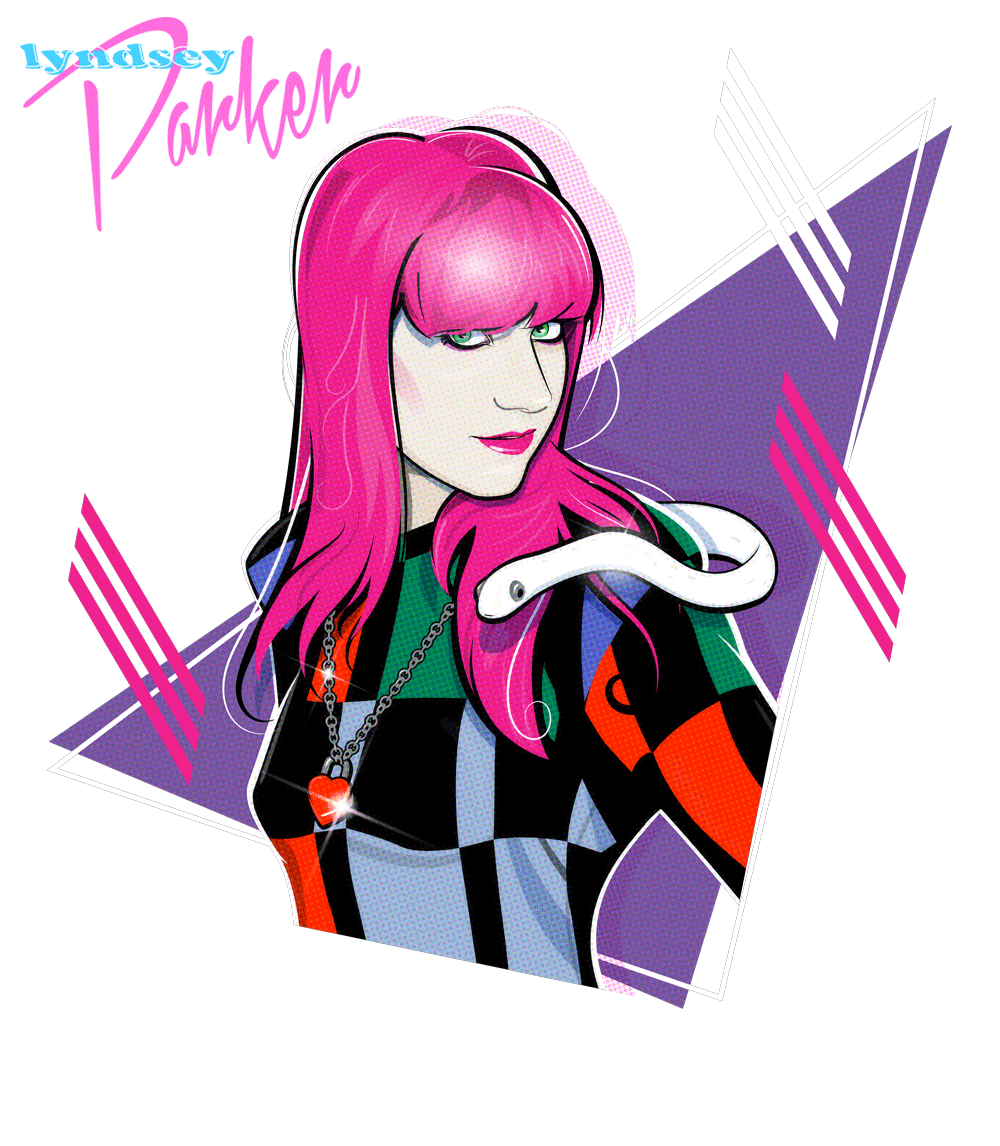
Bob Dorough (Photo: The Wrap)
You may not have known Bob Dorough by name, but if you grew up watching kiddy TV in the ’70s and ’80s, you (and your elementary school report cards) owe him a great debt. He was the Schoolhouse Rock! songsmith that turned the number eight into a heart-breaking ballad, zero into a hero, the number seven into a plucky trickster rabbit, the number nine into a pool-hustling tabby cat, and a conjunction into a railroad boxcar traversing a land where train-hopping vagabonds and curious ducks uttered compound sentences. He was the sweet singing voice behind the tour guide of the four-legged zoo and all three generations of the Lolly family.
Dorough, whose genius for making mundane topics fascinating and kid-friendly was uncanny and unmatched, died Monday at age 94.
First, a little history lesson, for those of you who didn’t grow up on a steady Saturday curriculum of “I’m Just a Bill” and “Great American Melting Pot.”
Schoolhouse Rock! (originally Scholastic Rock) began in 1971, when advertising executive David McCall noticed that his son couldn’t remember his multiplication tables but had no trouble memorizing nearly every hit song on the radio. He had his ad agency, McCafferty & McCall, hire an established jingle writer to compose some math songs for a children’s album, but once he heard the decidedly nonrockin’ results, he sought out a more unique songwriter. David’s co-worker George Newall, a jazz musician and enthusiast, suggested bebop pianist Dorough, who had worked with the likes of Miles Davis and Mel Tormé. McCafferty & McCall hired Dorough to write a song about the number three, and the rest was musical — and mathematical — history.
The weekend of Jan. 6, 1973, Schoolhouse Rock! premiered with “Three is a Magic Number,” “My Hero, Zero,” “Two Elementary, My Dear,” and “The Four-Legged Zoo,” all composed by Dorough. Multiplication Rock was so successful (the accompanying album earned Dorough a Grammy nomination in 1974) that it was followed by three other series: Grammar Rock, the bicentennial-inspired America Rock, and Science Rock. Dorough continued as one of Schoolhouse Rock!‘s main songwriters, along with George Newall, former McCafferty & McCall secretary Lynn Ahrens (who went on to write for Broadway and earn several Tony Award nominations), and David Frishberg. During its 12-year run, Schoolhouse Rock! won four Emmys for Outstanding Children’s Programming.
In 1993, ABC revived Schoolhouse Rock!, airing not only the original classic spots but also brand-new Grammar Rock installments like “Busy P’s” (on prepositions) and “Tale of Mr. Morton” (on subject and predicate), and a new Money Rock series, which included “Tyrannosaurus Debt,” “Walkin’ on Wall Street,” and a pre-inflation lesson on sensible allowance spending called “$7.50 Once a Week.” This revival also extended to an indie-rock tribute album featuring covers by Pavement, Moby, Ween, Folk Implosion, and Blind Melon; an off-Broadway musical; and a four-CD boxed set on Rhino Records. Clearly this phenomenon had gone beyond mere kitschy nostalgia; it was now a testament to the power of music to touch us and teach people of all ages.
In honor of Dorough’s passing, Yahoo Entertainment has unarchived this classic Bob Dorough interview, which first appeared in the ’90s pop-culture fanzine Porkchops & Applesauce. Unpack your adjectives, sit back, and read Dorough’s ageless words of wisdom here.
Yahoo Entertainment: What made you want to get involved with Schoolhouse Rock!?
Bob Dorough: When they explained that they didn’t want it to be too simple or too “writing down” for kids, I got a great thrill out of that. I thought it was a great opportunity to communicate. After I’d been on television for a year, I got to thinking, “Gee, is anybody watching this?” So I went to some elementary schools in Manhattan and volunteered to do a Schoolhouse Rock! assembly for the kids. I went to all kinds of schools, rich and poor, and did 13 concerts just before Christmas of ’73. I would always start with [singing], “Three is a magic number. …” and you could see the kids going, “Oh, it’s him!” They recognized my voice.
Did you expect that Schoolhouse Rock was going to have this kind of lasting impact?
I sometimes say, the kids grow up and now they’re [older], and now they go to bars and drink! And they discover me again, playing at bars!
Do you think there’s any irony to that?
No, not really. It was designed to educate, but I attempted to write songs that would entertain anyone, from ages 2 to 92.
Years later, you started doing new Schoolhouse Rock! songs. How did it come back?
Because someone grew up to be 30 and had a job at ABC! Other guys grew up to be 30 and started a CD-ROM!
And then you wrote songs for the new series?
Yes. We did Money Rock. Actually, I only got in one money song ["The Check's in the Mail"]. I was trying to write another one that they never liked.
What was that one called?
It was about credit; it was called “Borrowing Money Ain’t Funny”!
One Schoolhouse Rock! song that definitely wasn’t funny was “Figure Eight.” It was so sad, in fact, that when I was a kid the number eight actually had sad connotations for me.
There’s a little story there. I wrote it as “Figure Eight,” and I used to play it over and over and over. And my wife, who died in ’86, kept hearing me and said, “What is that melody?” And I said, “Oh, that’s a new song about eight.” And she told me, “Oh no, that’s too good to be a Schoolhouse Rock song!” So I started trying to write a different song, which combined four, six, and eight, but they didn’t buy it. They said they wanted one for each number. So I said, “Well, I’ll give you this ‘eight’ song; I don’t know if you’ll like it or not.” And they flipped. It is kind of a sad song, isn’t it?
Yes, any time I see anything with the number eight, I just burst into tears. I’m kidding. I don’t know if you’re aware of this, but there’s a rap band called Compton’s Most Wanted that uses a sample of “Figure Eight” piano melody as the intro to their album Music to Drive By. The way that they sampled it, it comes off as this dark, evil, foreboding tune that goes into this hardcore gangsta-rap thing. Taken out of the context of education, it seems like a very dark, moody song. Are you aware when bands sample your stuff?
De La Soul’s “The Magic Number” is the only one I’m aware of.
Did you like that version?
Um, yeah, I did … but I tried to sue them!
What do you think of the tribute album Schoolhouse Rock! Rocks?
It’s a great tribute. I like the fact that other people would want to play the tunes.
Is there any particular track that is your favorite?
I liked Moby a lot. Because he does “Verb”! And that’s what’s happening!
Did you ever see the Schoolhouse Rock! musical?
Yep! It’s great, what they’re doing. Their acting, their sets, their costumes … it’s like they’re living out the cartoons!
Aren’t we all, my friend? Aren’t we all?
Additional reporting by Frank Meyer and Scott Chernoff.
Follow Lyndsey on Facebook, Twitter, Instagram, Google+, Amazon, Tumblr, Spotify
This article originally ran on Yahoo Music.







